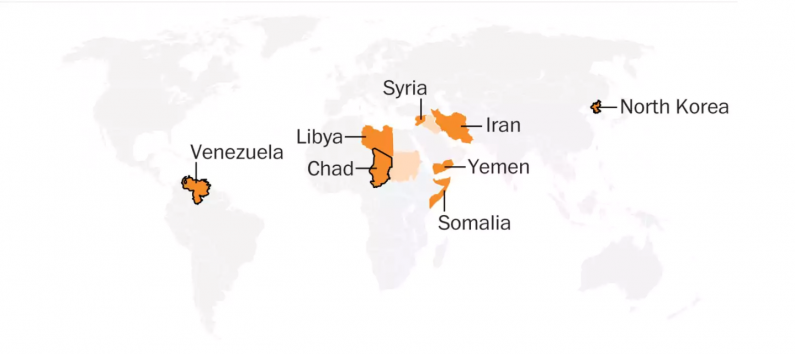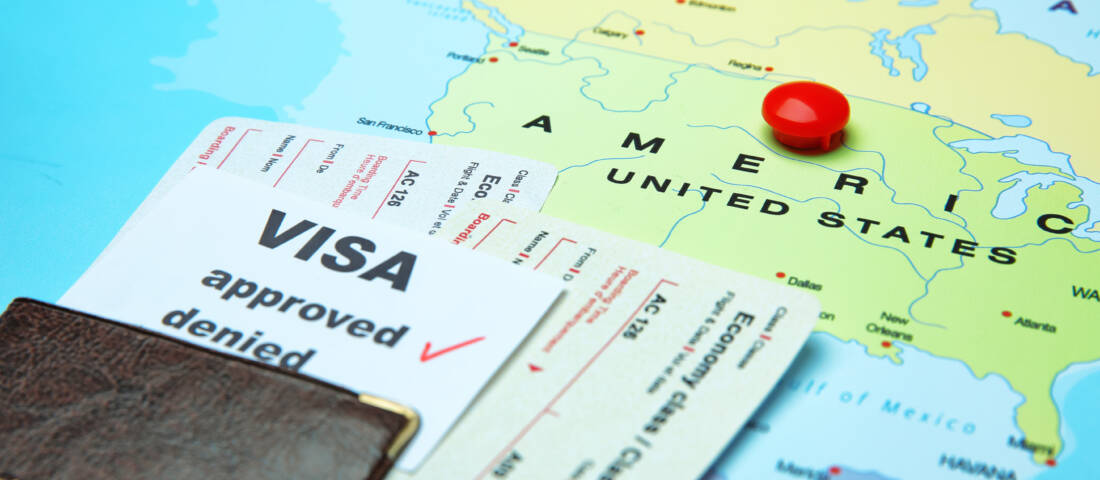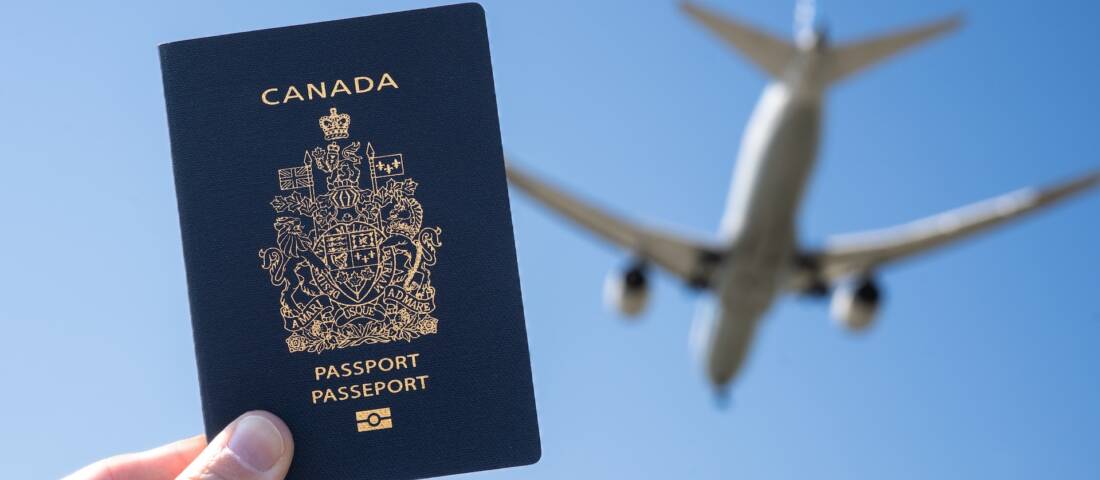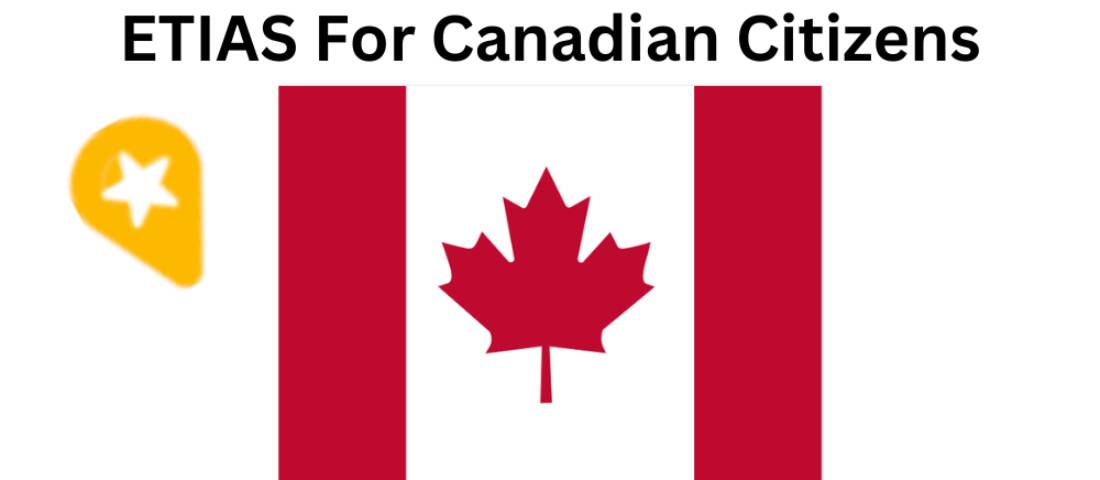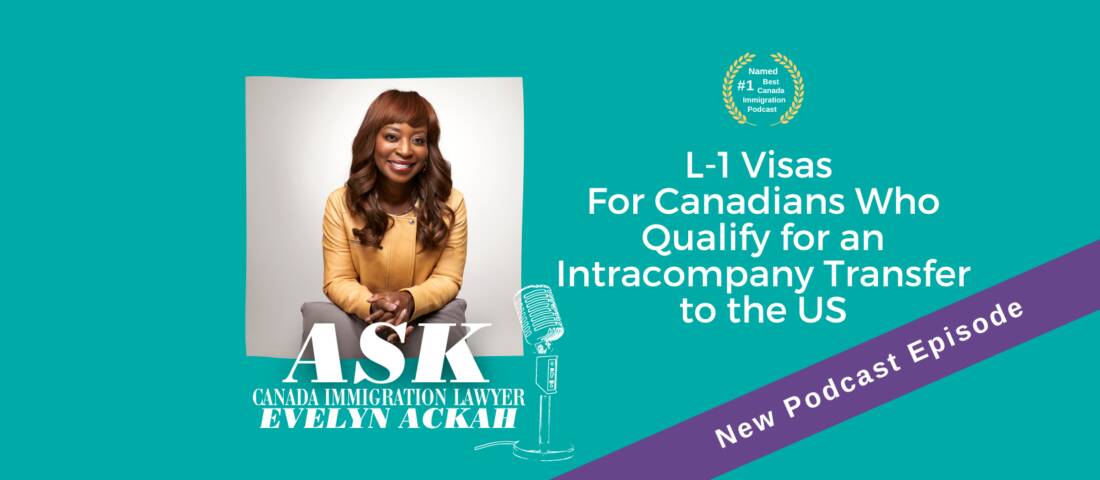Feature image courtesy of the Washington Post
U.S. President Trump's 2nd travel ban on travelers from 7 Muslim countries expired on Sept 24, 90 days after it was enacted. On September 24, 2017, an executive order put in place a new travel ban. The Sudan and Iraq were on previous versions of Trump’s travel ban and are removed from the new one; Chad, Venezuela and North Korea were added to this travel ban.
The new travel ban goes into effect Oct 18; it will be phased in and apply to foreign nationals from countries that have refused to share information on terrorism and other issues with the U.S. government. It does not apply to anyone who already has a U.S. Visa.
Immigration lawyer Evelyn Ackah emphasized the U.S.'s new travel ban does not apply to Canadians:
Canada does not restrict travel or immigration by country of origin or nationality. Our immigration system emphasizes family reunification and economic growth. Canada welcomes immigrants who meet the criteria set forth by the IRCC to help build a stronger Canada.
Does the travel ban affect Canadians?
Canadian dual citizens are not affected by the new travel ban because dual nationals from the affected countries can travel as usual with a passport from a country not on the list. Visitors to Canada are not affected by the U.S. travel ban unless their trip also includes visiting the United States.
The new travel ban is designed to ban travel based on specific criteria, rather than deadlines, including
- the travel ban can be modified to change the impacted countries at any time
- there is no expiration timeframe, but must be reviewed every 180 days
- travel restrictions vary by country
After the recent London bombings, Trump tweeted:

The previous travel ban was facing several legal challenges and arguments were scheduled to be heard by the U.S. Supreme Court on October 10; the hearing was removed from the Supreme Court's calendar on September 25.

